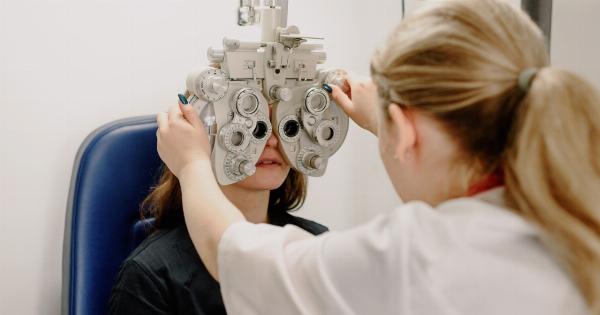Summertime means fun in the sun, but it’s important to protect your skin from harmful UV rays. Sunburn not only causes discomfort, but it can also lead to long-term damage and increase the risk of skin cancer.
With these simple tips, you can enjoy the outdoors while keeping your skin safe and radiant.
1. Wear Sunscreen Every Day
One of the best ways to prevent sunburn is by applying sunscreen with a high SPF (Sun Protection Factor) regularly. Choose broad-spectrum sunscreen that protects against both UVA and UVB rays.
Apply it generously on all exposed skin at least 30 minutes before going outside. Reapply every two hours and immediately after swimming or excessive sweating.
2. Seek Shade During Peak Hours
When the sun is at its strongest, typically between 10 a.m. and 4 p.m., it’s important to seek shade as much as possible. This reduces your exposure to direct sunlight and lowers the risk of sunburn.
If shade isn’t available, consider using an umbrella, wearing a wide-brimmed hat, and using protective clothing to cover as much skin as possible.
3. Protect Your Eyes and Lips
Your skin isn’t the only vulnerable part of your body when it comes to sun damage. Remember to wear sunglasses that provide 100% UV ray protection to shield your eyes.
Additionally, apply a lip balm with SPF to protect your lips from burning and potential long-term damage.
4. Don’t Forget Your Scalp
Your scalp is often neglected when it comes to sun protection, but it’s just as susceptible to sunburn as the rest of your body. If you don’t have hair to cover your scalp, use a hat or a sunscreen spray specifically designed for the scalp.
This will help prevent painful sunburn and reduce the risk of skin cancer in that area.
5. Wear Protective Clothing
Choose lightweight clothing with a tight weave to minimize sun exposure. Dark-colored clothing with ultraviolet protection factor (UPF) fabric offers additional protection.
Don’t forget to cover your shoulders, back, and chest, as these areas are commonly neglected and prone to sunburn.
6. Be Mindful of Medications
Some medications, such as certain antibiotics, diuretics, and acne treatments, can increase your sensitivity to sunlight. Read the labels of your medications and consult with your healthcare provider if you’re unsure.
If your medication makes you more prone to sunburn, take extra precautions to protect your skin from the sun.
7. Stay Hydrated
Maintaining proper hydration is vital for overall health, but it can also help prevent sunburn. When your body is well-hydrated, your skin is more resilient and less likely to burn.
Drink plenty of water throughout the day, especially when spending time in the sun.
8. Take Breaks Indoors
No matter how diligent you are with sun protection, it’s important to take breaks indoors, especially during peak sun hours. Staying indoors during the hottest part of the day can reduce your overall sun exposure and lower the risk of sunburn.
Use this time to rest, rehydrate, and let your skin recover.
9. Examine Your Skin Regularly
Keep an eye on your skin and check for any changes regularly. Look for new moles, changes in existing moles, or any abnormal skin growth.
Early detection of skin irregularities can help in diagnosing and treating potential skin conditions, including skin cancer.
10. Teach Children Sun Safety
Children are particularly susceptible to sunburn and the long-term effects of sun exposure. Teach them about the importance of sun safety from an early age. Encourage them to wear hats, sunglasses, and apply sunscreen regularly.
Setting a good example will help establish lifelong habits to protect their skin.




























